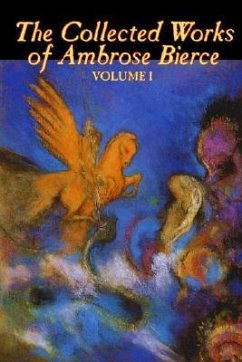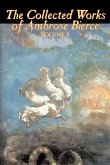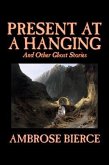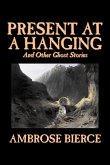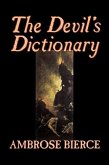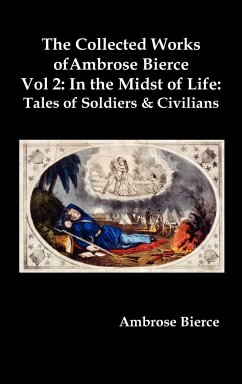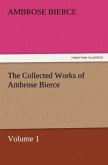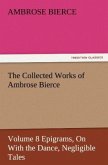From Ashes of the Beacon: An Historical Monograph Written in 4930 The ancient Americans were a composite people; their blood was a blend of all the strains known in their time. Their government, while they had one, being merely a loose and mutable expression of the desires and caprices of the majority-that is to say, of the ignorant, restless and reckless-gave the freest rein and play to all the primal instincts and elemental passions of the race. In so far and for so long as it had any restraining force, it was only the restraint of the present over the power of the past-that of a new habit over an old and insistent tendency ever seeking expression in large liberties and indulgences impatient of control. In the history of that unhappy people, therefore, we see unveiled the workings of the human will in its most lawless state, without fear of authority or care of consequence. Nothing could be more instructive.
Hinweis: Dieser Artikel kann nur an eine deutsche Lieferadresse ausgeliefert werden.
Hinweis: Dieser Artikel kann nur an eine deutsche Lieferadresse ausgeliefert werden.

